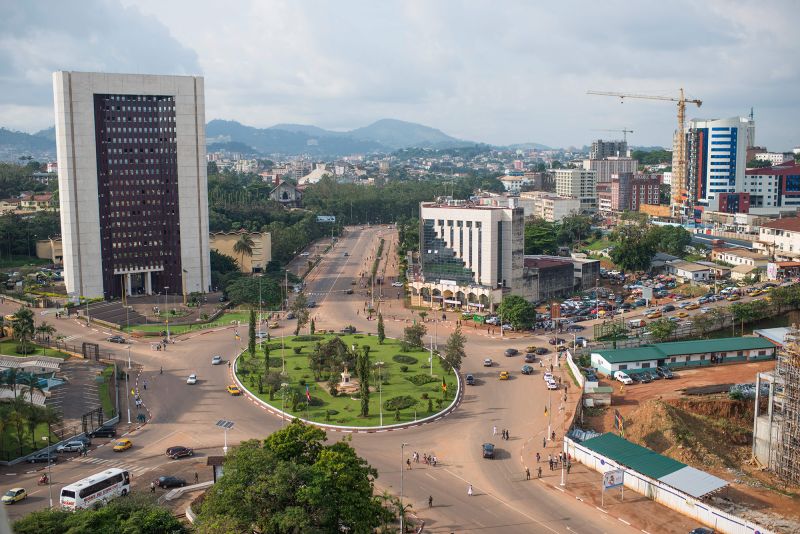In a brave move, Brenda Biya, daughter of the President of Cameroon, Paul Biya, has come out as a member of the LGBTQ+ community, with the intention of promoting equal rights within her country. Her unexpected declaration intends to empower those within the LGBTQ+ community and catalyze a cultural shift in Cameroon’s predominantly conservative society. Often taciturn about their silence on the subject, however, Ms. Biya’s courageous statement could be the starting point for a conversation about homosexuality in Cameroon.
Brenda’s bold step comes at a time when attitudes towards homosexuality in many African countries, including Cameroon, are highly unfavorable and characterized by outright discrimination and even violence. There has been a wave of hostility, injustice, and insecurity haunts the daily lives of the LGBTQ+ community in Cameroon. Despite the entrenched societal norms and beliefs, Brenda hopes her announcement will initiate dialogue on acceptance and respect for all human beings, without prejudice.
Turning the spotlight onto Cameroon, Brenda’s admission, as a member of a highly influential family, has the potential to bring change. By her statement, she is not only challenging the stereotypes and prejudices against the LGBTQ+ community but also a deeply rooted cultural and religious belief that portrays homosexuality as un-African or a Western import. For a long time, these unfounded beliefs have fueled homophobia, leading to the marginalization of gay people.
In her capacity as the president’s daughter, Brenda Biya is hoping her voice will resonate with policymakers and appeal to their sense of humanity, encouraging them to reassess existing laws that criminalize homosexuality. The associated human rights abuses are likely outcomes of the penal code, hence reform would help reduce the criminalization, stigmatization, and violence that the LGBTQ+ community faces in Cameroon.
Ms. Biya’s decision to stand firmly with the LGBTQ+ community will through time, inspire more high-profile individuals to openly express support for sexual diversity. Additionally, Brenda’s coming out acts as a reminder that sexual orientation transcends societal boundaries, class, race, and even political associations. It is her hope that through her experience, others will find the courage to live their truths.
Brenda Biya’s coming out is a pivotal and imperative instigation towards a broad and inclusive discussion on sexual diversity and equal rights. Beyond just a personal declaration, her intention is to revolutionize the mentality and perception of her fellow citizens and engage in policy-level dialogue. This interplay between personal revelation and political advocacy demonstrates Brenda’s commitment not only to her identity but also to effecting change for the homosexual community in Cameroon.
However, the greater task is up ahead with the need to garner more public and political support for law reforms favoring LGBTQ+ rights in Cameroon. Resistance and backlash to her announcement could serve as an obstacle to her motivations. Therefore, her presence and advocacy in the public eye will be crucial in educating and influencing the population.
In conclusion, Brenda Biya’s hopes, rooted in her coming out, symbolize a desire for Cameroon and other African nations to move out of the stagnation of homophobic tendencies burying their countries in echoes of obsolete laws. Her effort to pave the way for acceptance of the LGBTQ+ community in her conservative society signifies an essential step towards equality and liberation.




